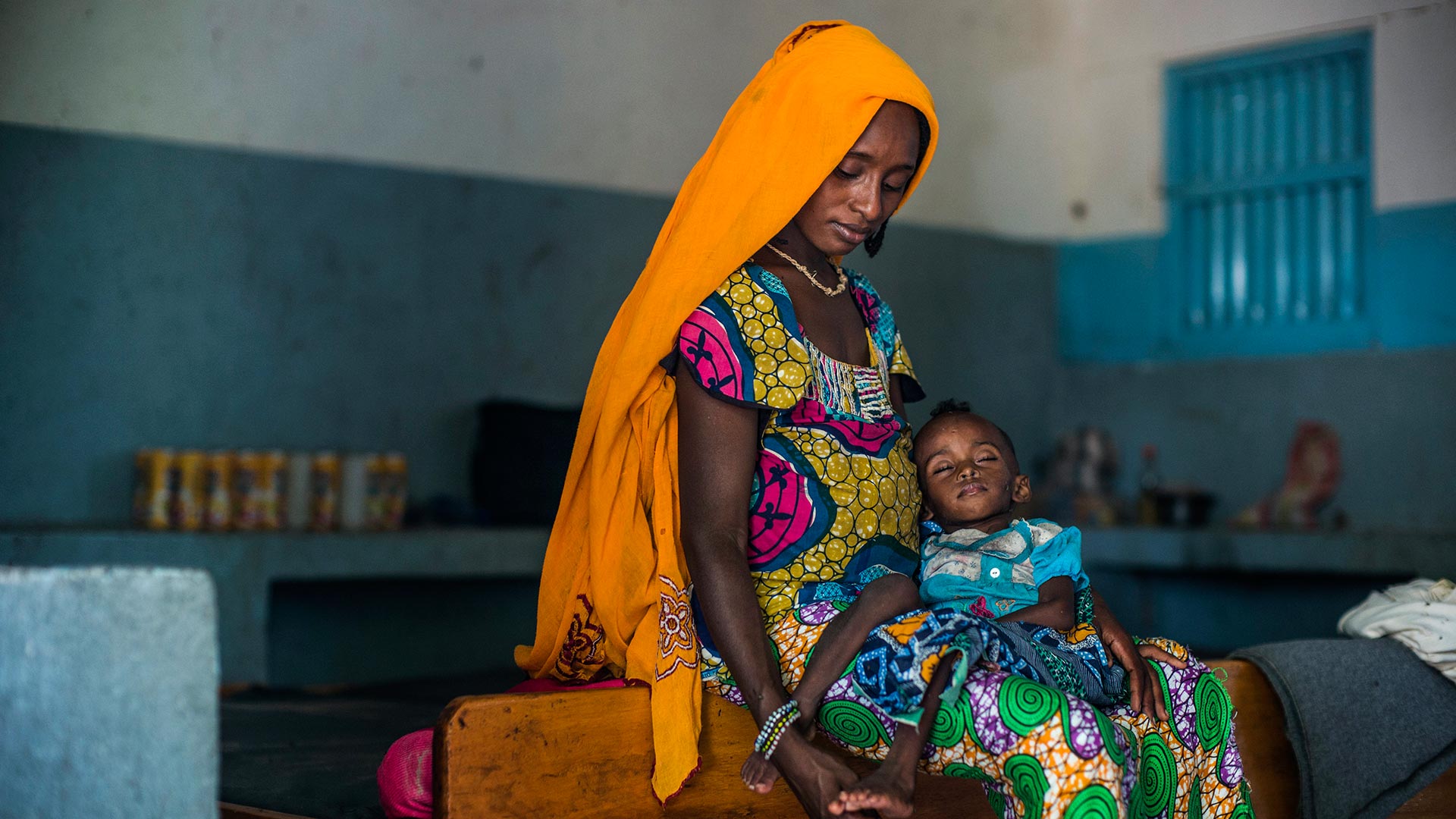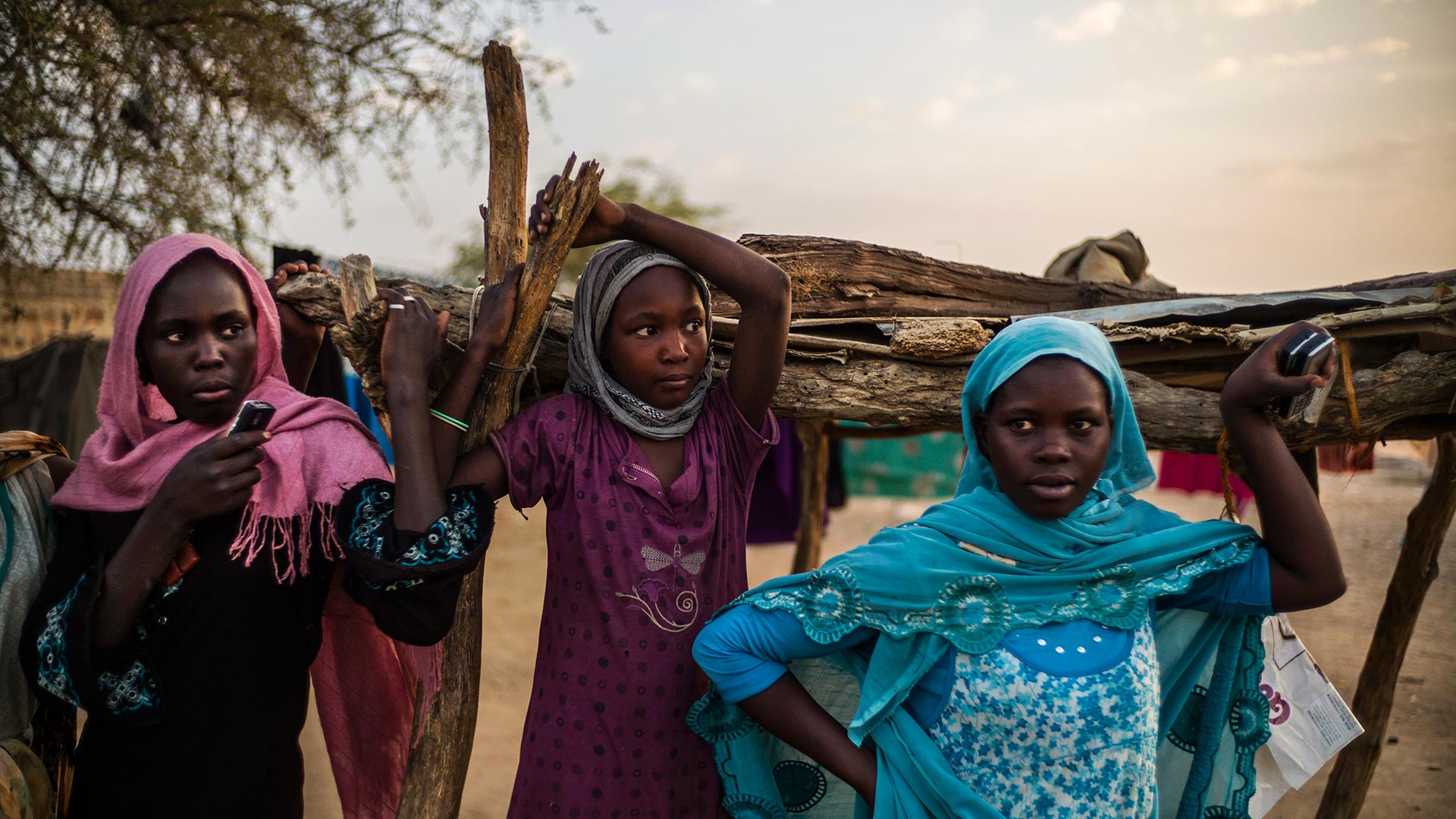Growing numbers of displaced return to their homes in Georgia
Growing numbers of displaced return to their homes in Georgia

GORI, Georgia, August 26 (UNHCR) - The UN refugee agency has opened an office and a temporary warehouse in the Georgian town of Gori as more and more people return to their homes in the region following the withdrawal of Russian Federation forces after the recent conflict.
UNHCR, meanwhile, called Tuesday on all parties to the fighting in the breakaway region of South Ossetia, north of Gori, to contain outbreaks of lawlessness that could lead to renewed displacement. The agency expressed specific concern about reports of new forcible displacement caused by marauding militias north of Gori near the boundary with South Ossetia.
Up to 400 displaced people gathered on Gori's square earlier in the day after being forced to flee their villages by marauders operating in the so-called buffer zone established along the boundary with South Ossetia.
Several people had fled the fighting in the region earlier this month and had gone back to their farms and villages over the weekend, according to individual accounts heard by UNHCR. Others were elderly people who had remained in their homes throughout the conflict, but had been forced to flee by armed groups.
Those newly displaced claimed that some had been beaten, harassed and robbed, and said that three persons had reportedly been killed. UNHCR staff in Gori were helping set up a small tented camp where the displaced could stay on Tuesday.
The new UNHCR office in Gori was opened on Sunday, two days after UN High Commissioner for Refugees António Guterres completed a four-day mission to Georgia, South Ossetia and the Russian Federation and amid an improving security situation in the region.
In addition to providing aid, UNHCR will assist local authorities in mapping and assessing the numbers of returnees to the town, which was largely abandoned during the brief conflict that began on August 8. "We are also coordinating assistance programmes providing shelter and non-food items as an increasing number of aid organizations arrive in Gori," a UNHCR spokesperson said.
Most of the returns since Friday have been spontaneous, with many of the displaced returned from areas in and around the Georgian capital, Tbilisi. According to the Georgian government, between 10,000 and 15,000 people have already gone back to Gori, out of an initial population estimated at some 70,000. Most of the returnees had been in contact with neighbours and relatives and were aware of the state of their homes. Many of the returnees were men who said they first wanted to see the situation for themselves before bringing their families back.
UNHCR field teams monitored departure points and shelters in Tbilisi to ascertain the voluntary nature of the returns. Many returnees carried UNHCR relief packages, including blankets, mattresses and kitchen sets as well as food supplies for five to 10 days. The UN refugee agency is advising the returnees through the local media to watch out for unexploded ordnance and to stay away from villages not yet cleared of mines and declared safe by the authorities.
In South Ossetia, the humanitarian and security situation is being stabilized and people have started returning to their homes there as well. According to Russian authorities some 23,000 people from South Ossetia had returned from the Russian Federation since August 12. Guterres, who visited South Ossetia and the Russian republic of North Ossetia, spoke to several displaced people, nearly all of whom said they intended to return to their homes as soon as possible.
In western Georgia, people displaced from the Kodori Valley in the north-east of the Abkhazia region, told UNHCR yesterday that practically all ethnic Georgians from that region have left. They said they had no information on conditions in the valley and no intention of returning.
"Our operation in Georgia is now shifting gears and we are entering a new, post-emergency phase," the UNHCR spokesperson said. Altogether, 122,000 people have been provided emergency relief, more than half of them by UNHCR teams. This was done in close cooperation with UNHCR's sister agency, WFP (World Food Programme), which provided the food while UNHCR delivered non-food items and shelter material.
While UNHCR continues to coordinate aid distribution in Georgia, the agency is also focusing on its traditional protection mandate. This is all the more complex as the situation on the ground is very dynamic with the continuing movement of people.
More than 158,000 people were displaced during the recent conflict - 128,000 within Georgia and some 30,000 who fled to the Russian Federation. Prior to the latest crisis UNHCR has been working on behalf of some 220,000 previously displaced people in Georgia.
By Melita H. Sunjic in Gori, Georgia








